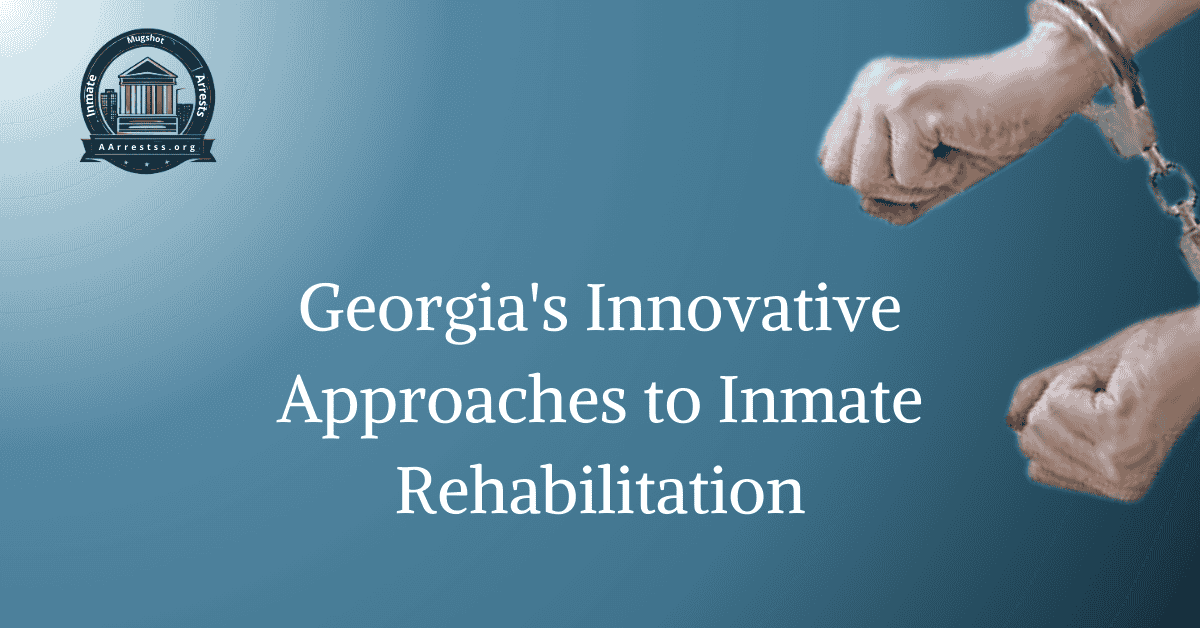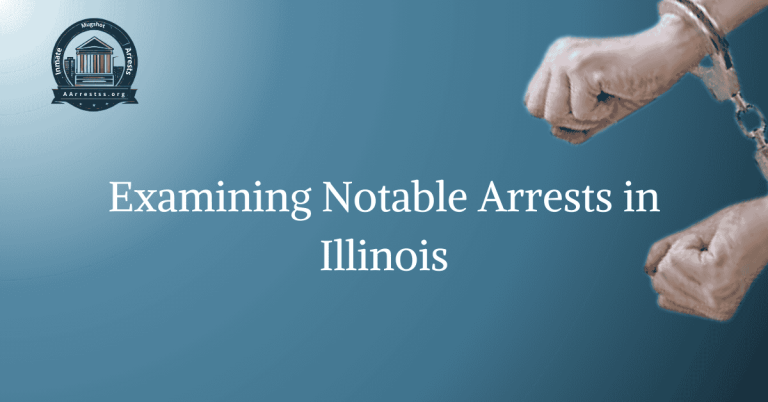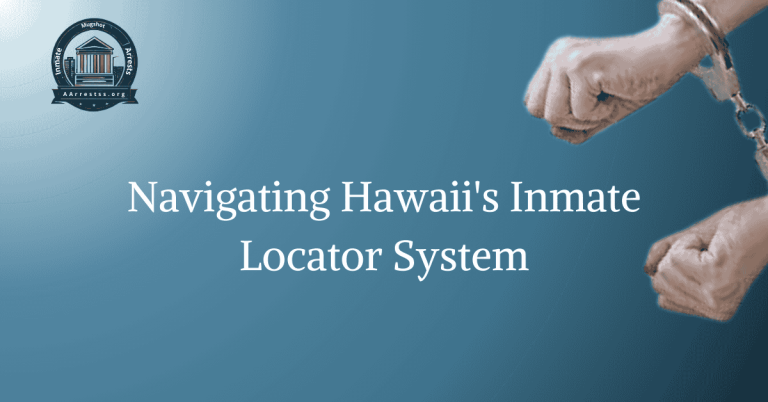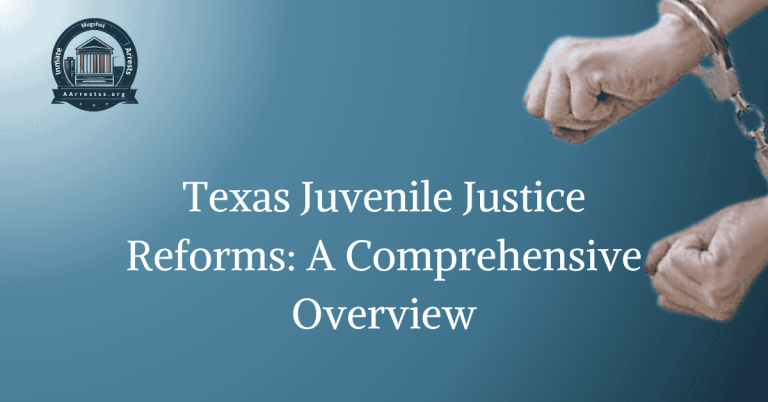Georgia’s Innovative Approaches to Inmate Rehabilitation
Georgia is leading the way in transforming the way inmates are rehabilitated. With a focus on innovation and creativity, the state has implemented a range of programs aimed at reducing recidivism rates and preparing prisoners for successful reintegration into society. From vocational training and educational programs to mental health and substance abuse treatment, Georgia is taking a holistic approach to inmate rehabilitation. By providing inmates with the tools and support they need to turn their lives around, the state is not only improving individual outcomes but also making communities safer.
Programs for Vocational Training
One of the key approaches to inmate rehabilitation in Georgia is the implementation of vocational training programs. These programs aim to equip inmates with valuable skills and knowledge that can help them secure employment upon release. Inmates are provided with training in various trades, such as carpentry, plumbing, electrical work, and automotive repair. By acquiring these skills, inmates are better prepared to find stable employment, reducing their likelihood of reoffending.
Education Programs for Inmates
In addition to vocational training, Georgia is also committed to providing educational opportunities for inmates. Through partnerships with local educational institutions, inmates have access to a range of educational programs, including GED preparation and college courses. By obtaining a high school diploma or furthering their education, inmates improve their chances of finding meaningful employment and reintegrating into society as productive citizens.
Mental Health and Substance Abuse Treatment
Recognizing the importance of addressing underlying issues that may contribute to criminal behavior, Georgia has implemented comprehensive mental health and substance abuse treatment programs for inmates. These programs offer counseling, therapy, and rehabilitation services to help inmates overcome their mental health challenges and substance abuse issues. By addressing these root causes, inmates are better equipped to lead healthier lives and reduce their risk of reoffending.
Support for Reentry into Society
Georgia understands that successful reintegration into society is crucial for reducing recidivism rates. Therefore, the state provides support for inmates as they prepare to reenter the community. This support includes assistance with job placement, housing, and access to social services. By helping inmates establish stable lives post-release, Georgia aims to break the cycle of reoffending and promote a safer community.
Community Outreach and Collaboration
Georgia’s approach to inmate rehabilitation also involves community outreach and collaboration. The state actively engages with local organizations, businesses, and community members to create opportunities for inmates to contribute positively to society. Through partnerships and volunteer programs, inmates are given the chance to give back to the community, develop new skills, and build connections that can support their successful reintegration.
FAQs
What are Georgia’s innovative approaches to inmate rehabilitation?
Georgia has implemented various innovative approaches to inmate rehabilitation, including vocational training programs that equip inmates with valuable skills for employment upon release. Additionally, the state has introduced educational programs that allow inmates to earn degrees and certifications, improving their chances of successful reintegration into society.
How do vocational training programs benefit inmates?
Vocational training programs provide inmates with practical skills that can lead to employment opportunities after their release. By learning trades such as carpentry, plumbing, or culinary arts, inmates gain a sense of purpose and the ability to support themselves upon reentering society, reducing the likelihood of recidivism.
What educational programs are available for inmates?
Georgia offers a range of educational programs for inmates, including high school equivalency classes and college courses. By obtaining an education while incarcerated, inmates improve their knowledge and skills, increasing their employability and chances of successful reintegration into society.
Are there any counseling and therapy programs for inmates?
Yes, Georgia recognizes the importance of addressing the mental health needs of inmates. They provide counseling and therapy programs to help inmates overcome past traumas, develop coping mechanisms, and learn important life skills. These programs aim to reduce the likelihood of reoffending by addressing the root causes of criminal behavior.
How does Georgia support inmates’ mental health and well-being?
Georgia prioritizes the mental health and well-being of its inmates by providing access to mental health professionals, support groups, and rehabilitation programs. These initiatives aim to address underlying mental health issues, promote healing, and equip inmates with the necessary tools to lead productive and fulfilling lives after their release.
Does Georgia offer any reentry programs for inmates?
Yes, Georgia recognizes the importance of a successful transition from incarceration to society. They offer reentry programs that provide support and resources to inmates nearing release. These programs assist with job placement, housing, and social services, ensuring a smoother reintegration process and reducing the likelihood of recidivism.
Conclusion
Georgia’s innovative approaches to inmate rehabilitation encompass a holistic approach that addresses vocational training, education, mental health, substance abuse treatment, reentry support, and community collaboration. By providing inmates with the tools and support they need to turn their lives around, Georgia is not only improving individual outcomes but also making communities safer. Through these comprehensive programs, Georgia is leading the way in transforming the way inmates are rehabilitated, setting an example for other states to follow.







